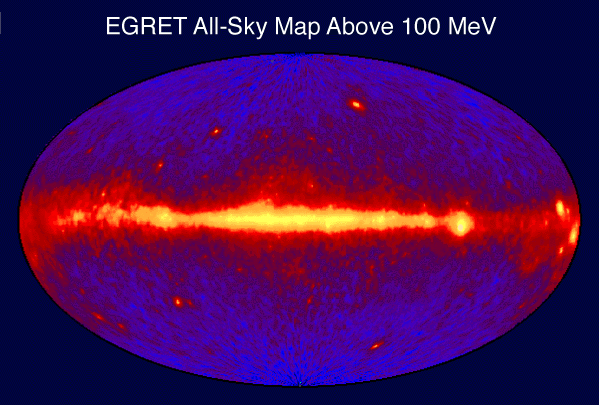Chris Peterson wrote: ↑Tue Oct 01, 2019 2:54 pm
BDanielMayfield wrote: ↑Tue Oct 01, 2019 2:50 pm
If black holes didn't exist in this universe, would it be more, or less hospitable for life

I suspect it wouldn't make any difference, unless black holes played some important cosmological role very early in the Universe. Black holes, after all, are dynamically almost identical to stars. Same gravity, same impact on surrounding bodies.
I hope people ponder this question thoughtfully. I've come to suspect that black holes play a vital role in making the universe more clement for life. Chris gave a caveat that they might have been important early in the universe. If primordial BHs formed that would very likely be so I would think.
Another key question involves galactic dynamics. It has been observed that the proportional mass of Supermassive BHs at the cores of all large galaxies tracks closely with the mass of the whole galaxy. This is puzzling due to the vast spatial differences between the two objects. Does this have anything to do with habitability on galactic scales? I suspect that it does, but I don't know enough to prove it.
Consider the Milky Way's 4.1 million solar mass SBH, located safely about 26,500 light years away at the galactic core. Just think how many more SN would surely have occurred inside our galaxy if black holes couldn't form

Our SBH may have snuffed out tens of thousands of SN that would otherwise have gone off if BHs didn't form.
Now consider how many of the rare elements are toxic to life as we know it. But if SN where much more numerous than they've been, then these toxic heavy metals wouldn't be rare at all. So it's not just proximity that makes SNs potentially dangerous. Too many of them could render space too toxic for livable planets to form.
Therefore I think BHs are an important piece of the puzzle as to why life is possible in this universe.
Bruce
Just as zero is not equal to infinity, everything coming from nothing is illogical.
